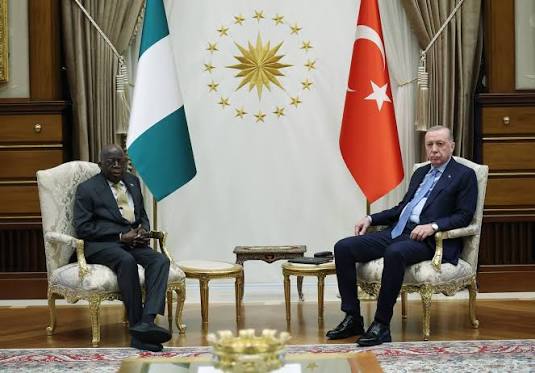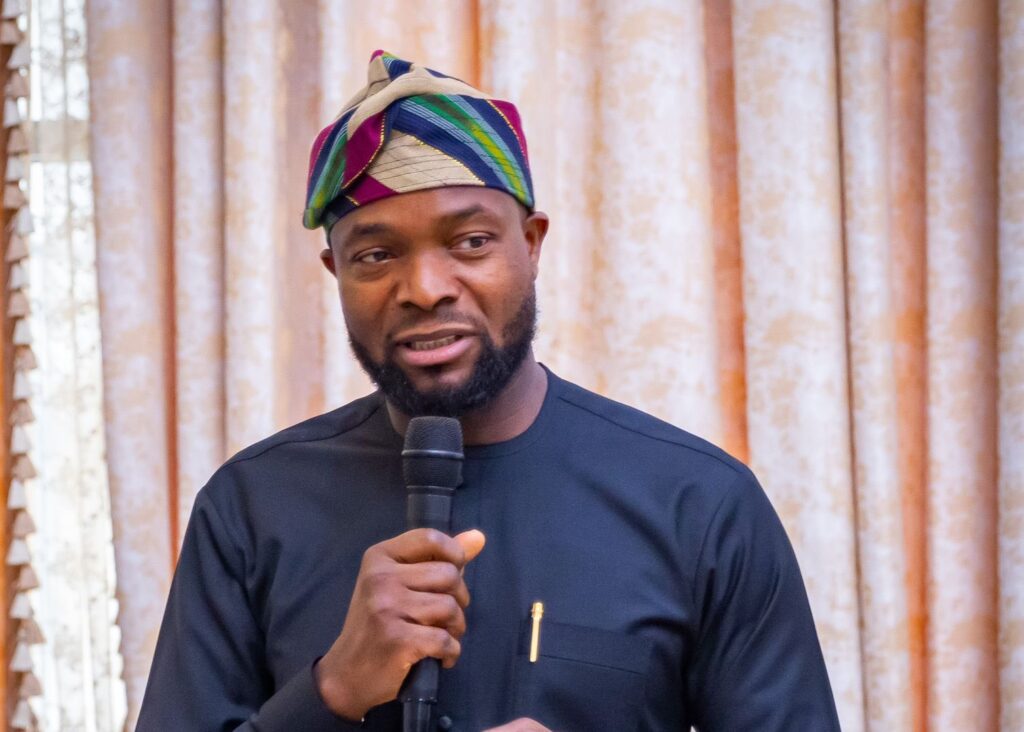Kenya’s Interior Minister announced on Thursday that the country is insisting TikTok demonstrate compliance with local privacy and user verification laws.
The minister cited concerns over the platform’s role in disseminating propaganda, perpetrating fraud, and circulating inappropriate content.
TikTok, along with other social media platforms, faces mounting pressure from global regulators to safeguard users against harmful content and criminal activities.
“Through the Data Protection Commissioner’s office, the government has engaged TikTok to address issues related to its data processing activities,” stated Interior Minister Kithure Kindiki before a parliamentary committee.
TikTok, a subsidiary of Chinese firm ByteDance, has yet to respond to the government’s request for comment. However, it has previously defended its privacy practices amid similar criticisms in other jurisdictions.
Kindiki highlighted instances where TikTok was exploited by criminals to propagate malicious content, steal user identities, perpetrate fraud schemes, and promote inappropriate content, causing distress among users and exposing minors to potential harm.
A researcher at the Mozilla Foundation, Odanga Madung, emphasized that the challenges described by Kindiki are pervasive across various social media platforms. He noted that while TikTok may be under scrutiny, addressing these issues requires transparency in content moderation practices.
Last week, Italy’s competition authority fined three TikTok subsidiaries a total of 10 million euros for insufficient measures in monitoring content potentially harmful to young or vulnerable users. Additionally, a draft bill passed by the U.S. House of Representatives threatens to ban TikTok in the United States unless its Chinese parent company divests its ownership within approximately six months.










